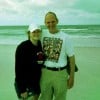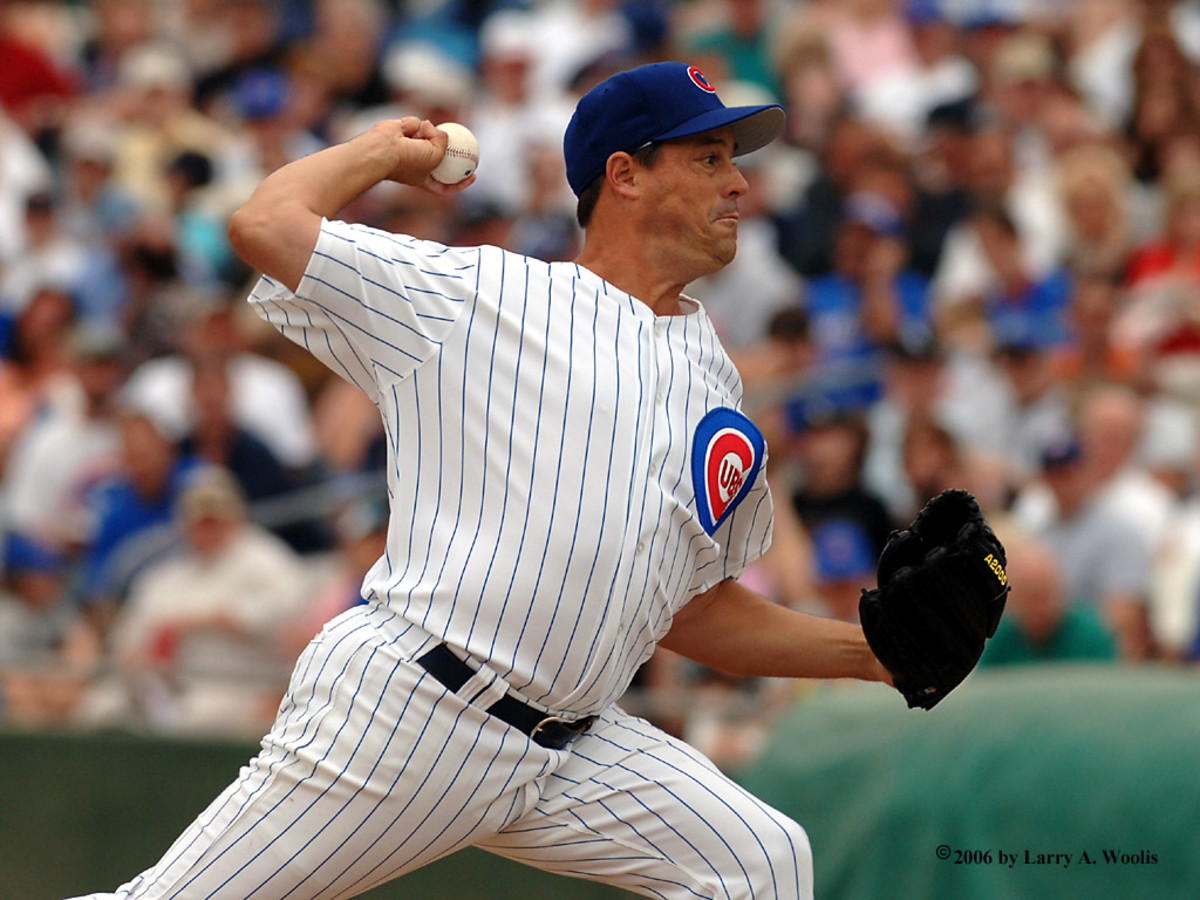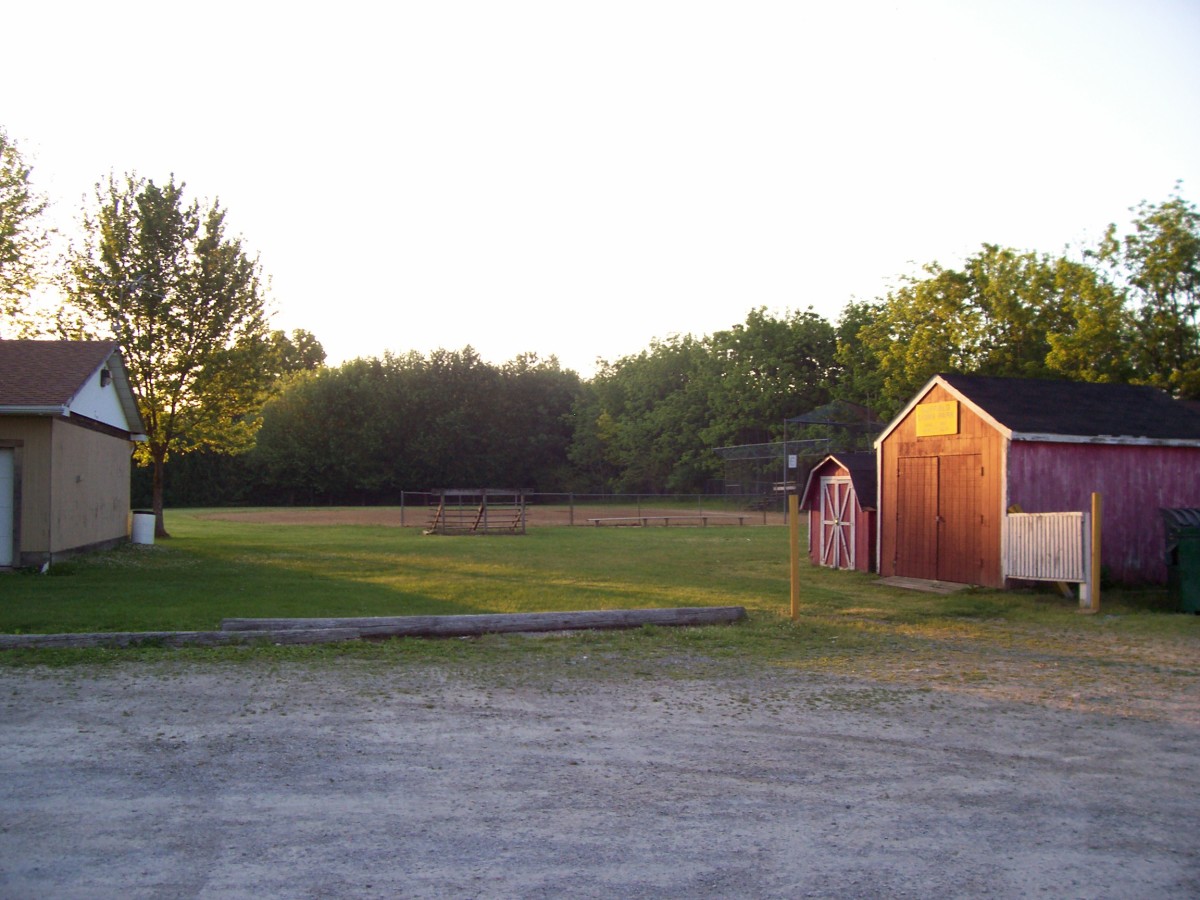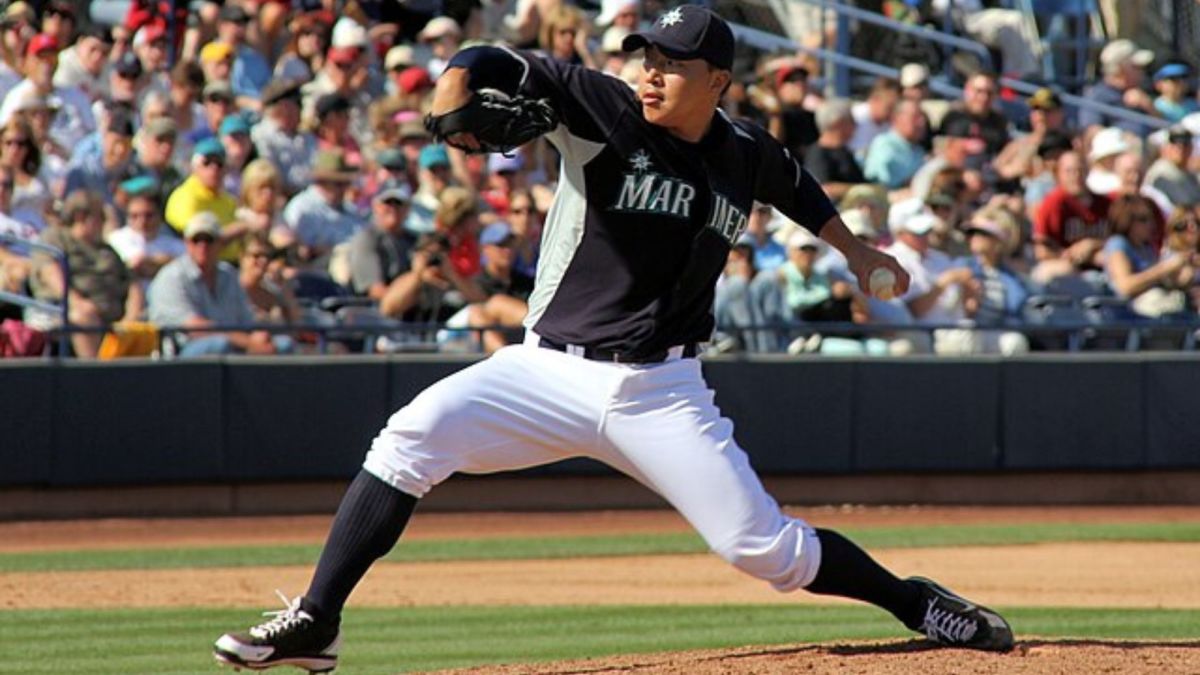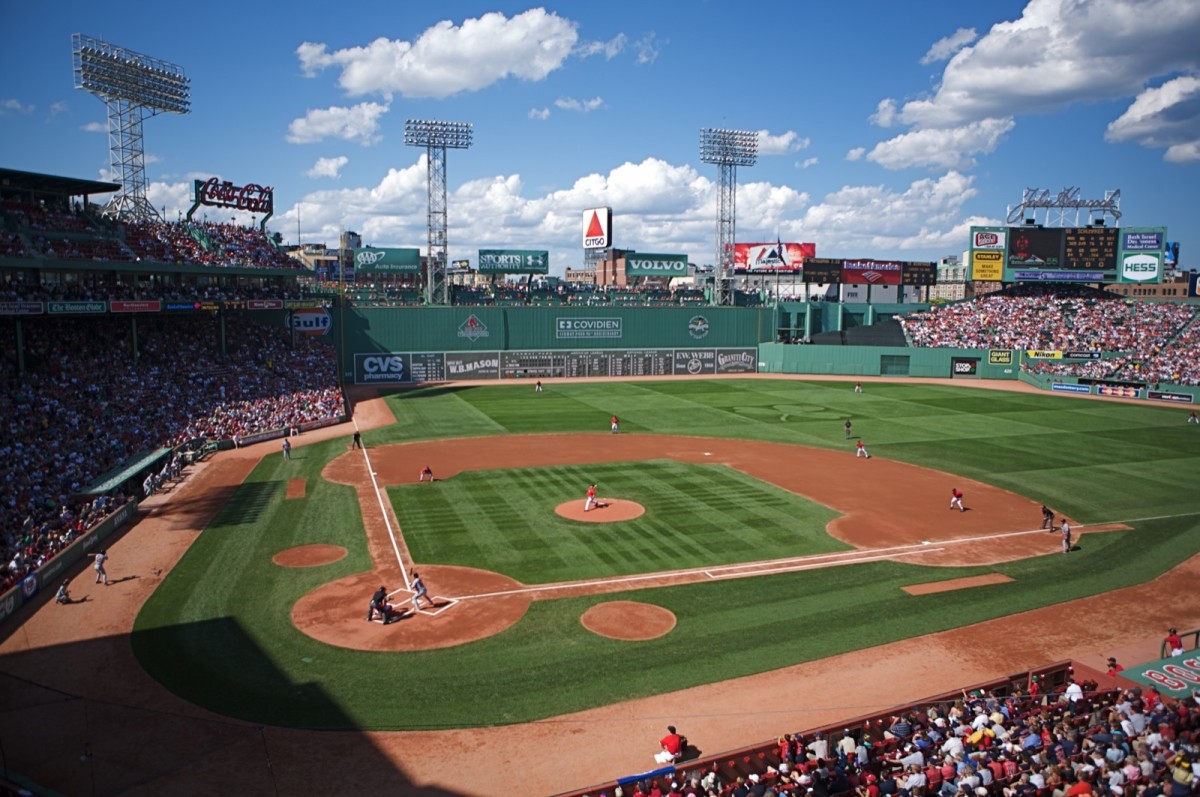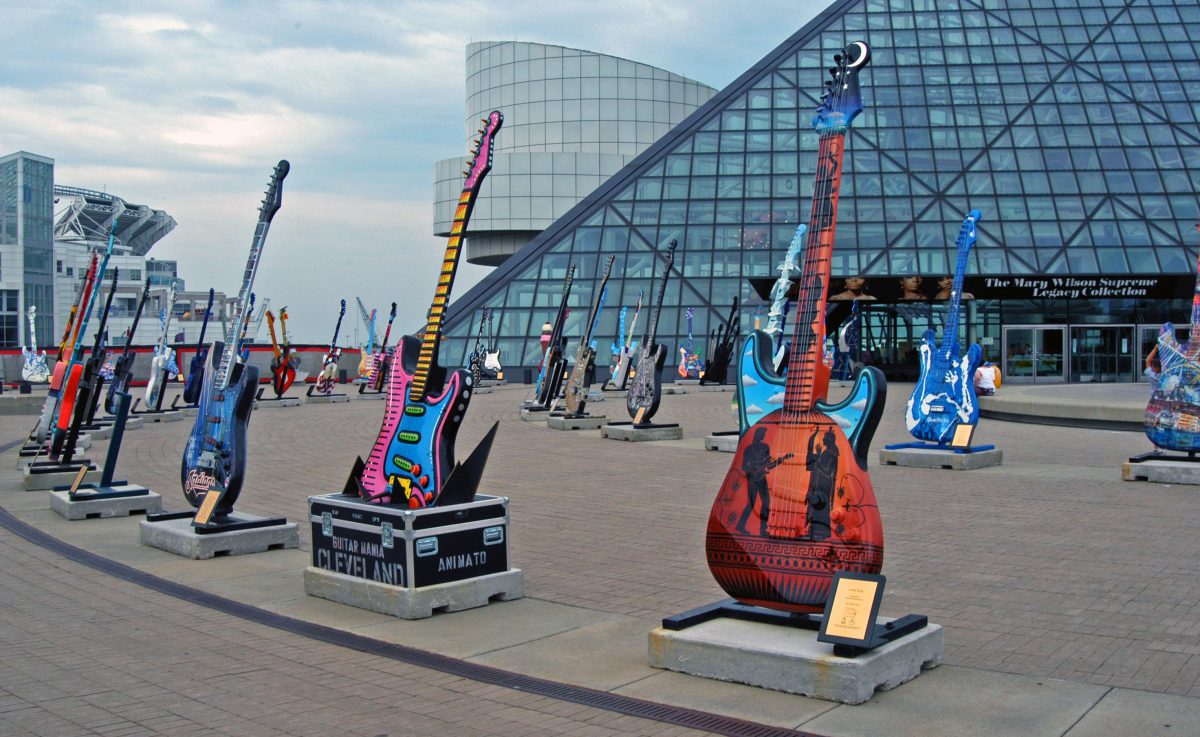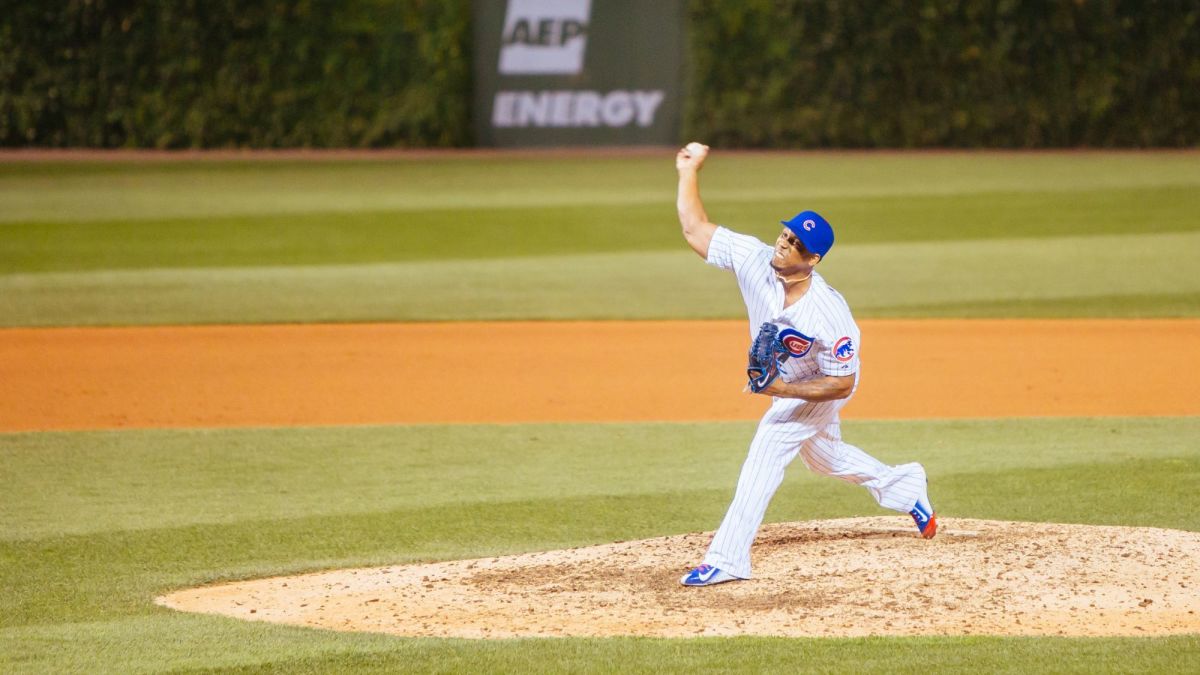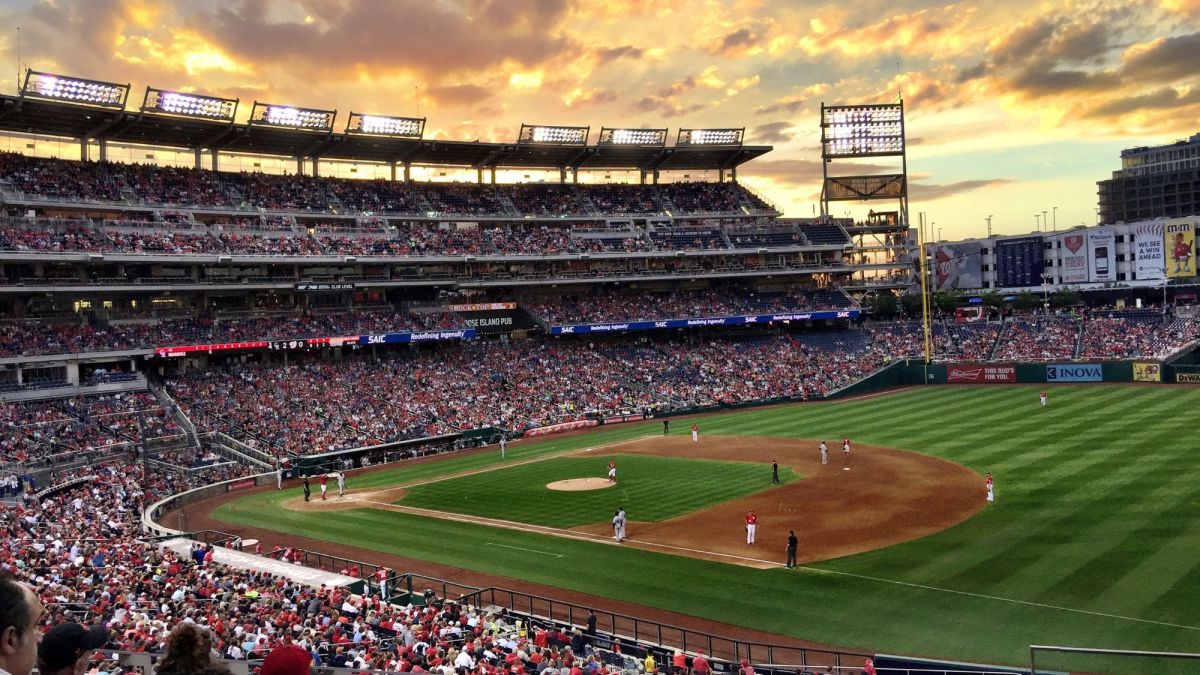A Dozen and a Half Future Hall of Famers Took the Field for the Last All-Star Game in Cleveland
Former Cleveland Star Albert Belle Received The Rudest Welcome During Pre-Game Introductions
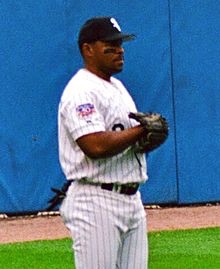
Almost Half Of The Future Cooperstown Inductees Were Pitchers
Baseball's elite players this July will assemble in Cleveland, the first time the Midsummer Classic has taken place there in 22 years. Back then the stadium in the city where rock was born was known as Jacobs Field, one of the first retro-themed parks that were to be duplicated in dozens of other towns during the next few decades.
As one might assume from the starting pitchers, Seattle's Randy Johnson and Atlanta's Greg Maddux, thee was very little offense during that game on July 8, 1997. In addition to those two Hall of Fame hurlers, the rosters comprised sixteen other stars who were also destined to be enshrined in Cooperstown.
Johnson had a much tougher lineup to deal with in the first, starting with two of those future Hall of Famers in Craig Biggio and Tony Gwynn. As if that duo were not intimidating enough, they were followed by perennial Most Valuable Player Barry Bonds.
Nevertheless Johnson retired the National League hitters in order, while Maddux was perfect except for a single by Alex Rodriquez. Johnson returned to throw a scoreless second frame, blemished only by a walk to Larry Walker.
Maddux, however, met trouble in his return to the mound, when future Hall of Fame designated hitter Edgar Martinez led off with a home run. Taking over for Johnson was Roger Clemens, who completed a scoreless third.
Curt Schilling took over for Maddux and, other than giving up a double to Brady Anderson, he pitched a scoreless inning. American League reliever David Cone ran into early trouble by issuing back to back walks to Barry Barry Bonds and Mike Piazza, but he worked out of it without allowing either to score.
Even though Edgar Martinez got a single, Schilling in his second inning of work faced just three hitters because Martinez was caught stealing second base. Justin Thompson, who took over in the fifth for Cone, pitched a perfect inning.
Kevin Brown was summoned to take over for the National League in the bottom of the fifth, and he was facing a mammoth task. Not fewer than three future Hall of Famers were due up but, after Cal Ripken led off with a single, Brown was able to retire Ivan Rodriquez and Roberto Alomar to keep it at 1-0.
A similar challenge awaited Toronto reliever Pat Hentgen, but the former Cy Young Award winner manages to get Biggio, Gwynn and Bonds in order. Future Hall of Fame pitcher Pedro Martinez rose to the occasion in the bottom of the seventh, retiring Alex Rodriquez and Mark McGwire as well as fellow Cooperstown inductee Ken Griffey, Jr.
San Francisco ace Shawn Estes retired Jim Thome to start the eighth before walking Bernie Williams, but a few pitches later home town Cleveland star Sandy Alomar broke the tie with a two run homer. Fireballing left hander Randy Myers protected the new lead by retiring the Senior Circuit hitters in order, and Bobby Jones duplicated the feat in the home half.
It was only appropriate that New Yankee Mariano Rivera, another future Hall of Famer, pitched a perfect ninth to pick up the save. Much to the delight of the majority of the 44,916 in attendance, Sandy Alomar was chosen as the Most Valuable Player of a game that took just 2:36 to complete.
Do not expect that duration in this year's version, since even average regular season games average over three hours to complete. Nor should you expect to see any of the pitchers throw more than one inning, as several did back in 1997.
The game is much different now, and there is no longer even a Jacobs Field in Cleveland. It is now known as Progressive Park but, almost amazingly when you consider the modern emphasis on being politically correct, Cleveland's team is still called the Indians.
